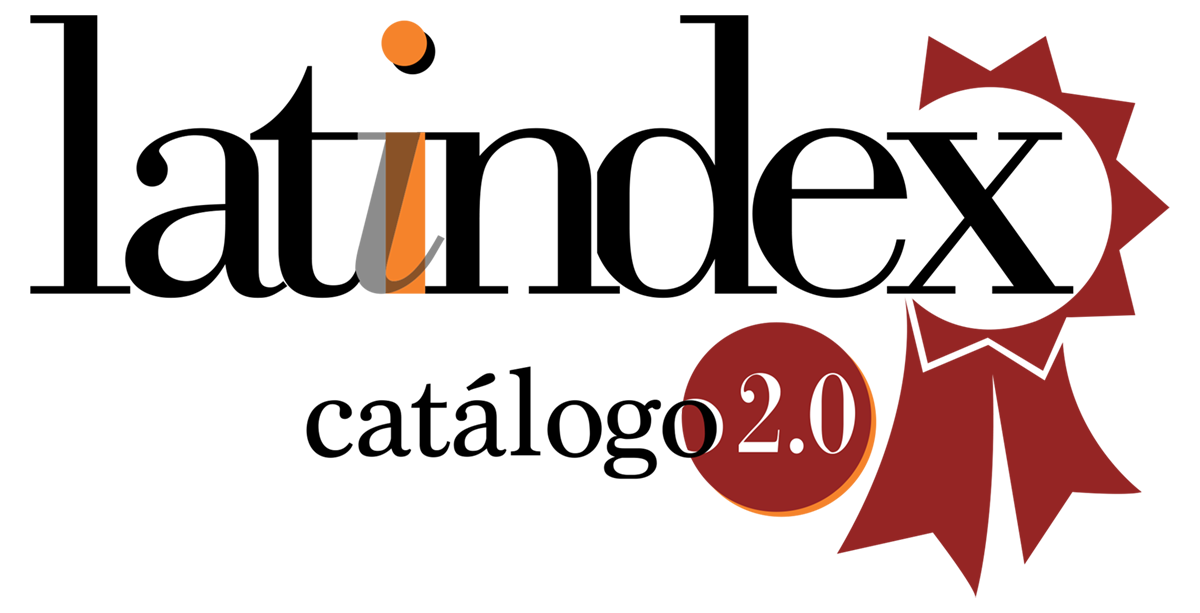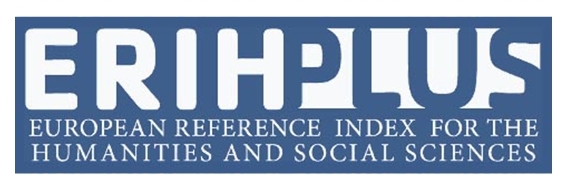Christian ethics, an experience of diversity. Interview with Brazilian feminist theologian Ivone Gebara.
Abstract
With over thirty published books and hundreds of articles, Ivone Gebara is one of the founders of feminist theology. Her work is recognized worldwide for being disruptive and innovative in feminist literature, while it is still being accessible and deep, two characteristics present in all her writings. Ivone was born in San Paulo, Brazil, in 1944. When she decided to become a nun, Ivone was studying philosophy, a branch of the social sciences in which she received her doctorate degree. In 1967, she joined the Christian congregation Las Hermanas de Nuestra Señora. In 1994 Ivone was punished by the Vatican for her position about abortion and she was sent back to Belgium to return to study. There, she completed her second PhD study in Religious Studies at the University of Louvain. As a doctoral thesis she presented her book "Out of the depths: women's experience of evil and salvation", published in 2002, which summarizes much of her work on women’s pain and ecofeminist understanding of History.
In her writings she says that diversity is the constant in the human world on the illusion of fusionism or unit. This interview aims to deepen and problematize the question of dialogue on diversity, where Ivone links religious traditions and feminist thought. Convinced that the symbolic challenge does not happen only by building a world just in feminine words, but more deeply, into make a world of many who live with common feelings and strive for achieve the common good, Ivone continues to showing us that feminist theory underlies a deeper way to create new modes of human coexistence.
With over thirty published books and hundreds of articles, Ivone Gebara is one of the founders of feminist theology. Her work is recognized worldwide for being disruptive and innovative in feminist literature, while it is still being accessible and deep, two characteristics present in all her writings. Ivone was born in San Paulo, Brazil, in 1944. When she decided to become a nun, Ivone was studying philosophy, a branch of the social sciences in which she received her doctorate degree. In 1967, she joined the Christian congregation Las Hermanas de Nuestra Señora. In 1994 Ivone was punished by the Vatican for her position about abortion and she was sent back to Belgium to return to study. There, she completed her second PhD study in Religious Studies at the University of Louvain. As a doctoral thesis she presented her book "Out of the depths: women's experience of evil and salvation", published in 2002, which summarizes much of her work on women’s pain and ecofeminist understanding of History.
In her writings she says that diversity is the constant in the human world on the illusion of fusionism or unit. This interview aims to deepen and problematize the question of dialogue on diversity, where Ivone links religious traditions and feminist thought. Convinced that the symbolic challenge does not happen only by building a world just in feminine words, but more deeply, into make a world of many who live with common feelings and strive for achieve the common good, Ivone continues to showing us that feminist theory underlies a deeper way to create new modes of human coexistence.
Key Words: Feminism; Christianity; Ethics; Diversity.
Downloads
References
GEBARA, Ivone (2000). Intuiciones ecofeministas. Ensayo para repensar el conocimiento y la religión. Madrid: Trotta.
GEBARA, Ivone (2002). El rostro oculto del mal. Una teología desde la experiencia de las mujeres. Madrid: Trotta.
GEBARA, Ivone (2005). Las aguas de mi pozo. Reflexiones sobre experiencias de libertad. Montevideo: Doble clic.
GEBARA, Ivone (2011). La trama de la vida. Algunos hilos cristianos, filosóficos y feministas. Montevideo: Doble clic.
GEBARA, Ivone (2014). Filosofía feminista: brevísima introducción. Montevideo: Doble clic.
CARBAJAL, Mariana (2012, 23 de julio). «Es un derecho pensar diferente». Página/12 [en línea]. Recuperado de <http://www.pagina12.com.ar/diario/dialogos/21-199303-2012-07-23.html>.
Downloads
Published
How to Cite
Issue
Section
License
Current policy since 2019
The acceptance of an original by the journal implies the non-exclusive transfer of the patrimonial rights of the authors in favor of the publisher, who allows the reuse, after its edition (postprint), under a Creative Commons License Attribution-NonCommercial-ShareAlike 4.0 International.
According to these terms, the material can be shared (copy and redistribute in any medium or format) and adapted (remix, transform and create another work from the material), provided that a) the authorship and the original source of their publication (magazine and URL of the work) are cited, b) is not used for commercial purposes and c) the same terms of the license are maintained.
The assignment of non-exclusive rights implies that after postprint in Con X authors may publish their work in any language, media and format; in that case, it is requested that they signal that the material was originally published by this journal.
Assignment also entails the authors’ authorization for the work to be collected by SEDICI, the institutional repository of the Universidad Nacional de La Plata, and for it to be indexed in the databases that the publisher thinks appropriate for enhancing the visibility of the published work and its authors.
In addition, the journal encourages authors to submit their works to other institutional and thematic repositories after their publication in Con X, under the assumption that offering society unrestricted access to scientific and academic production contributes to a greater exchange in global knowledge.








.jpg)

.png)



.png)





















